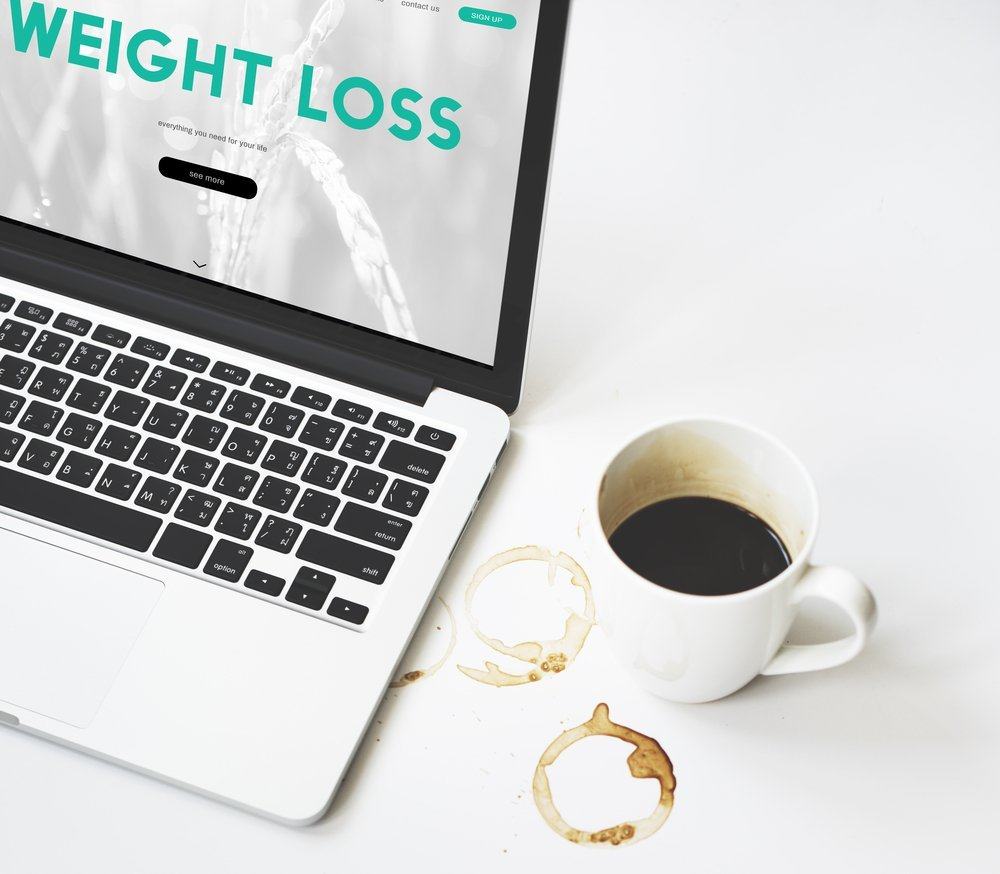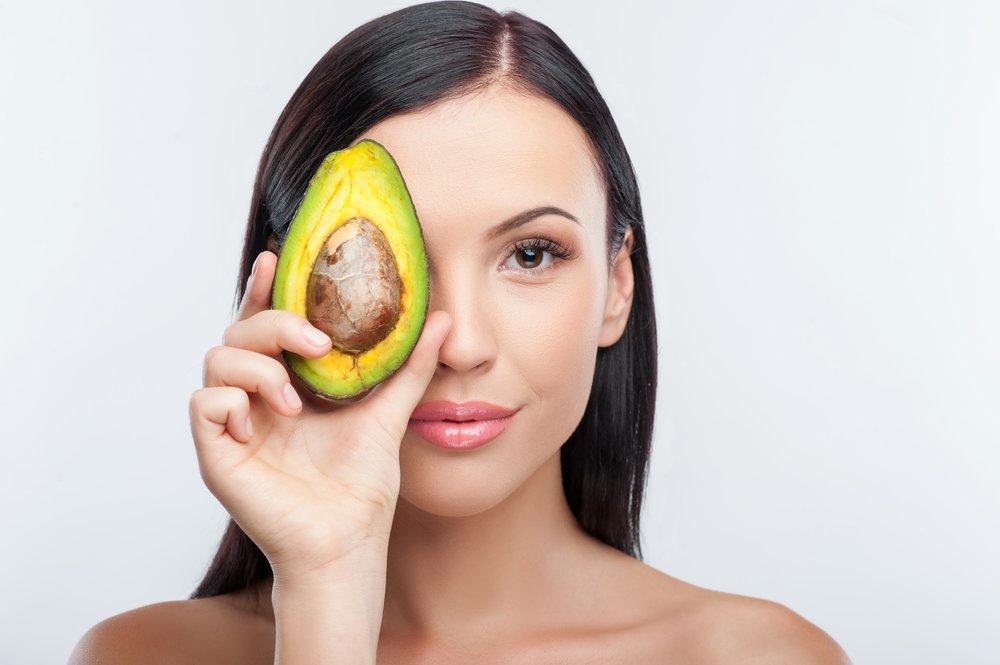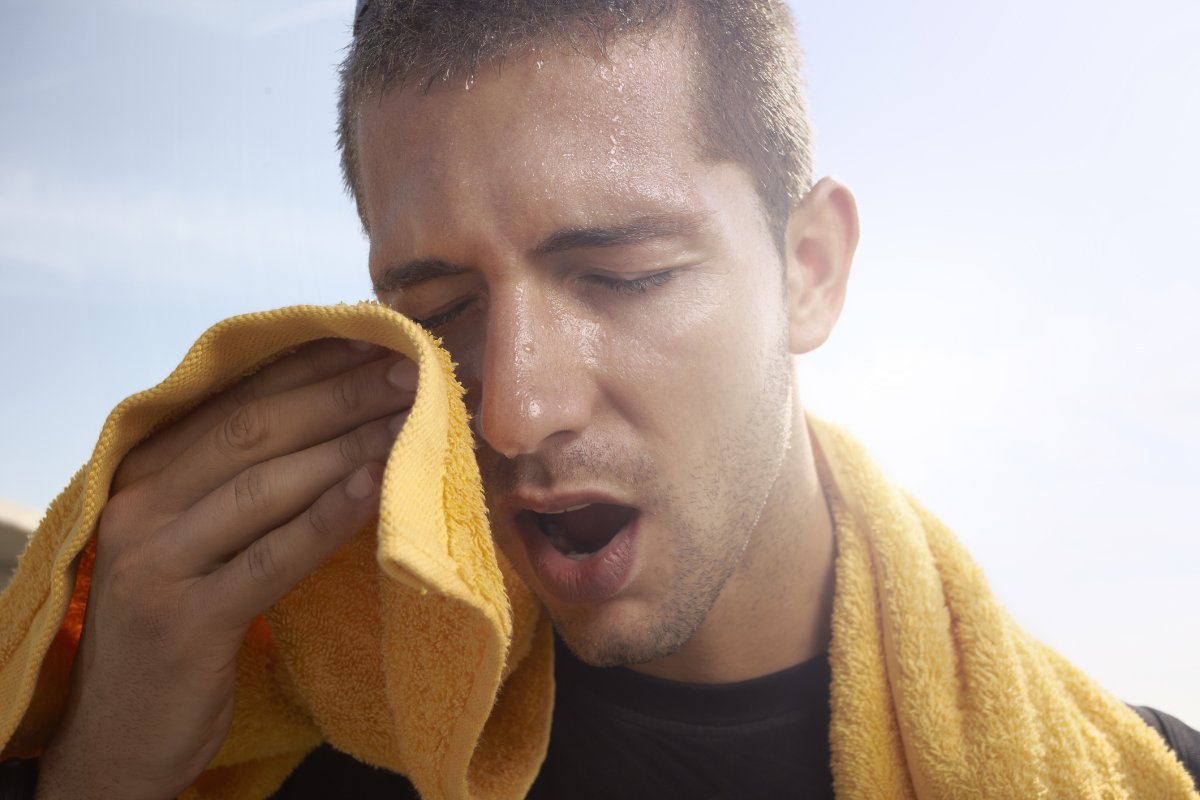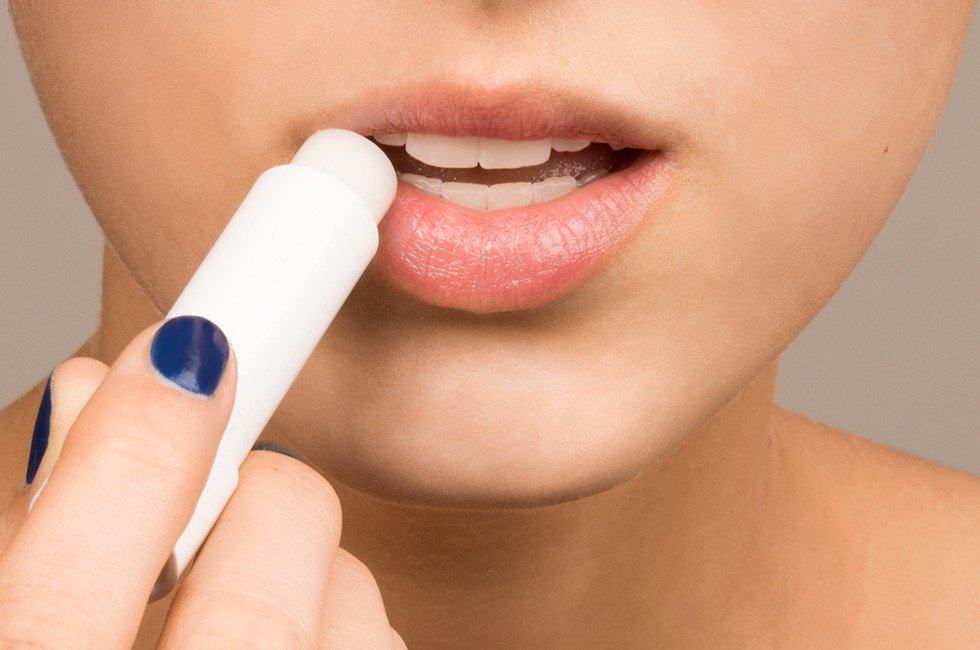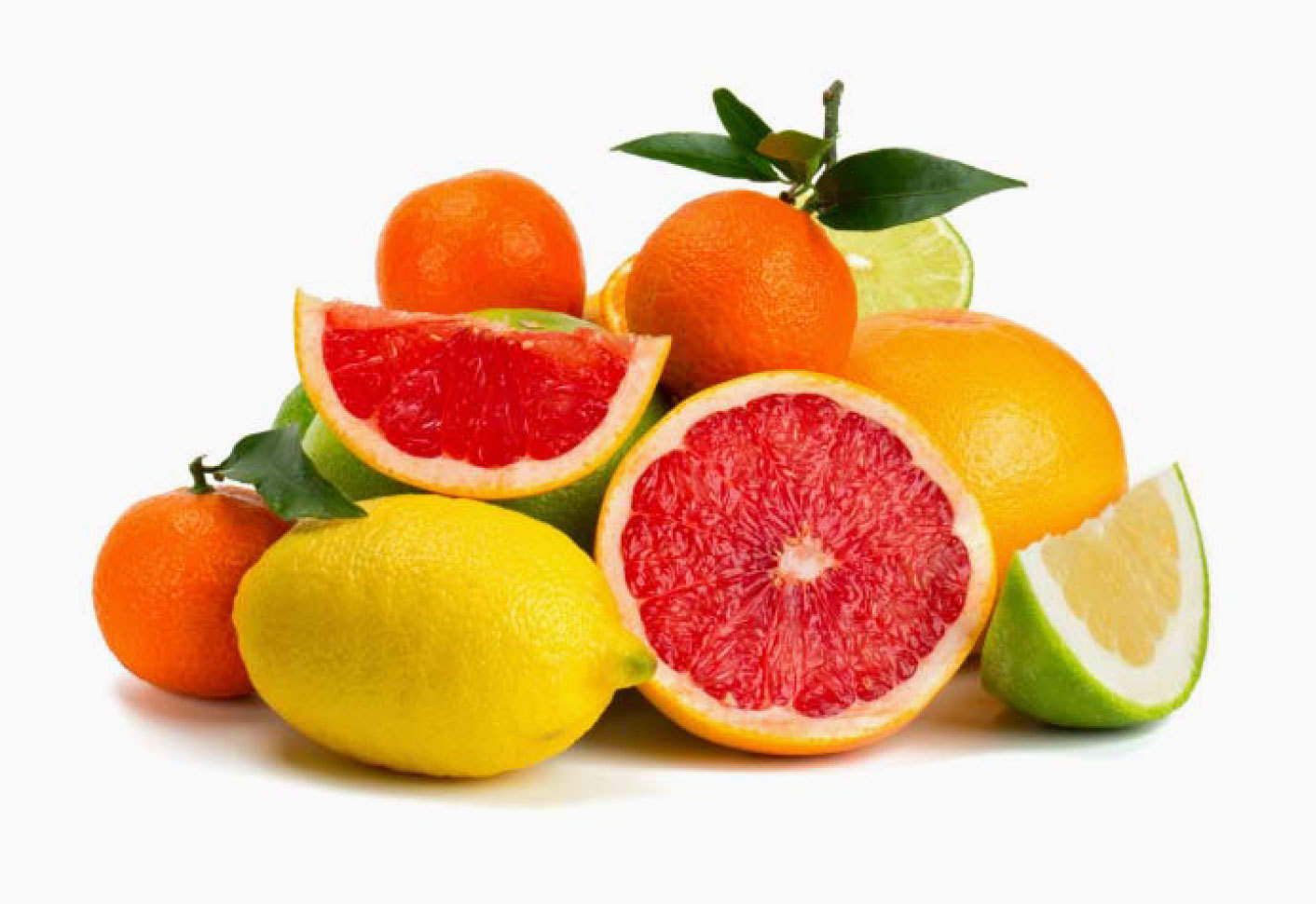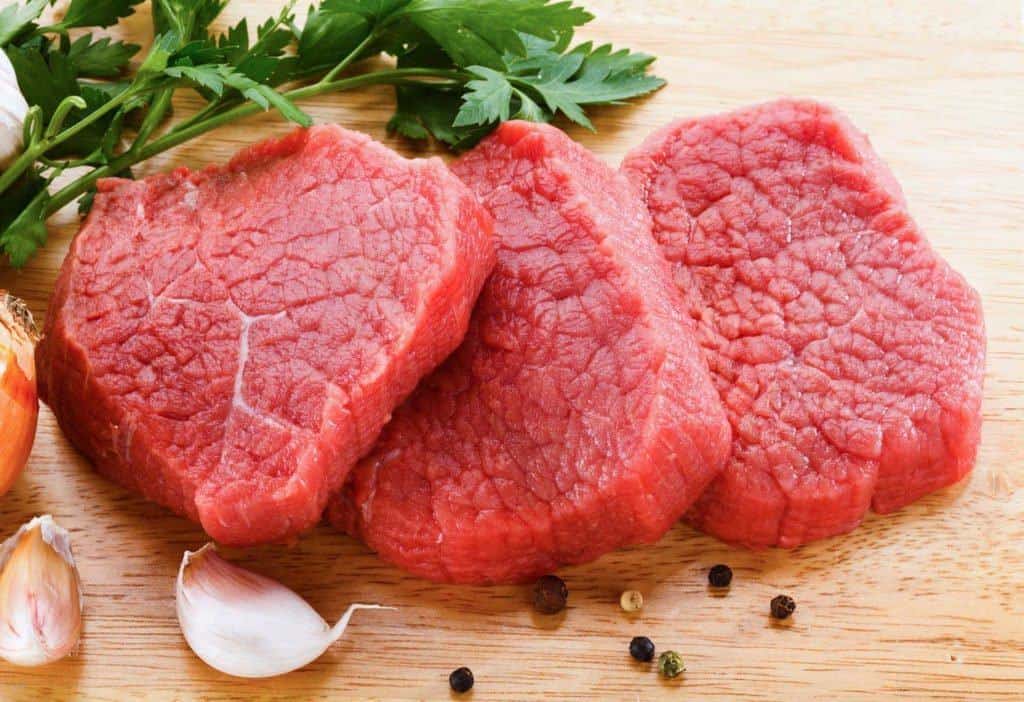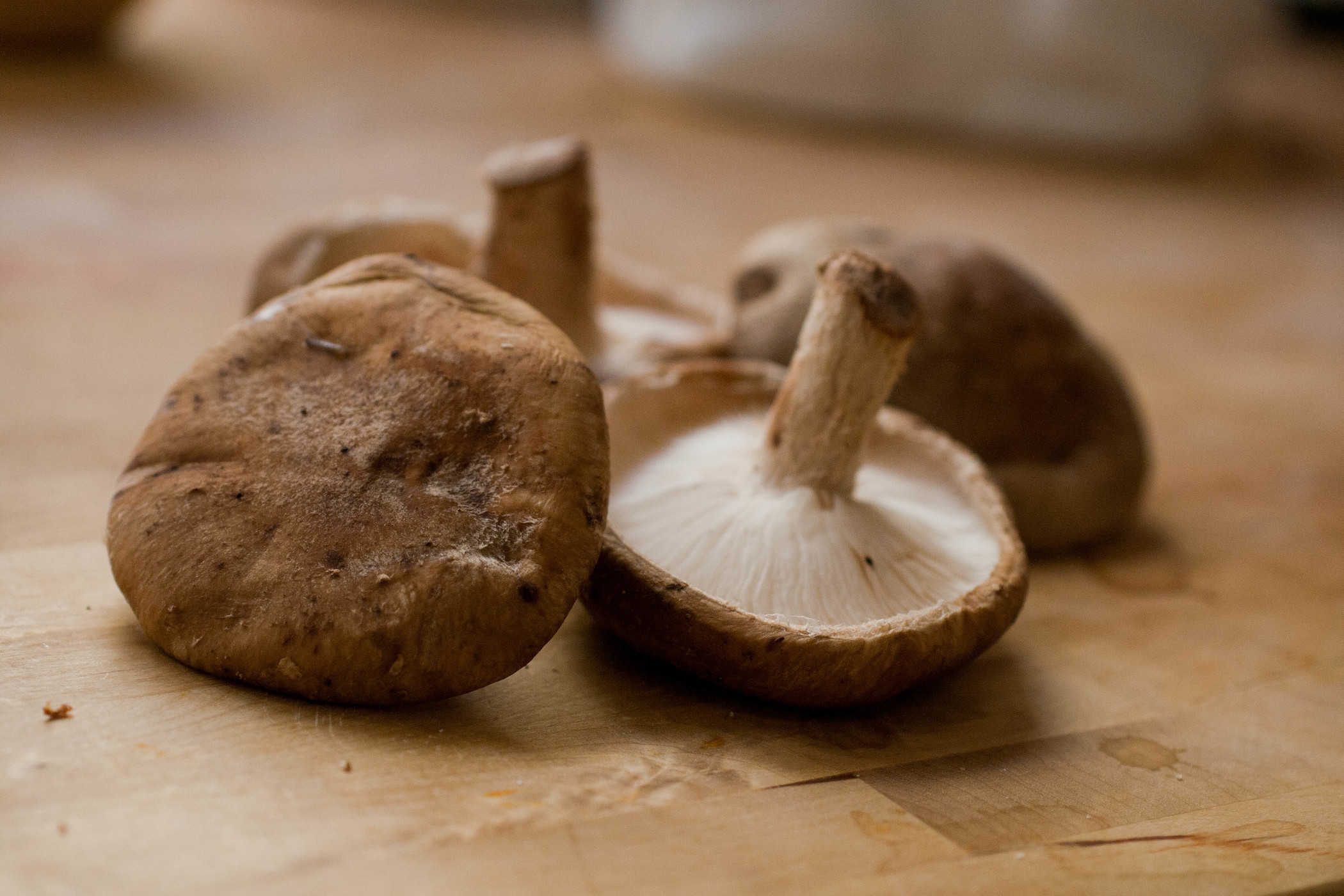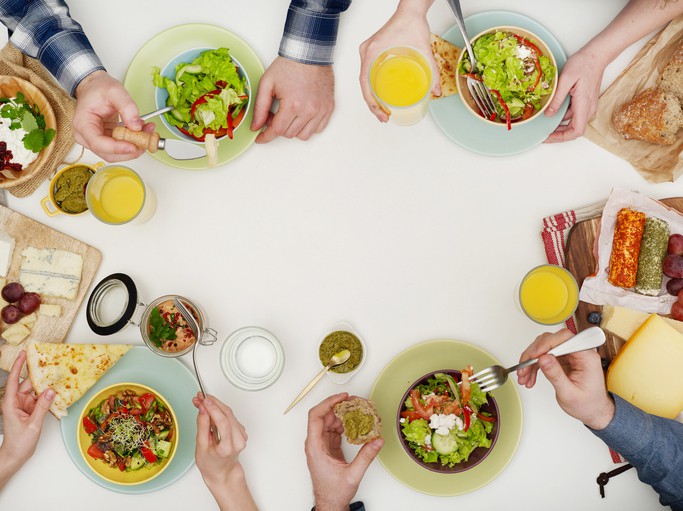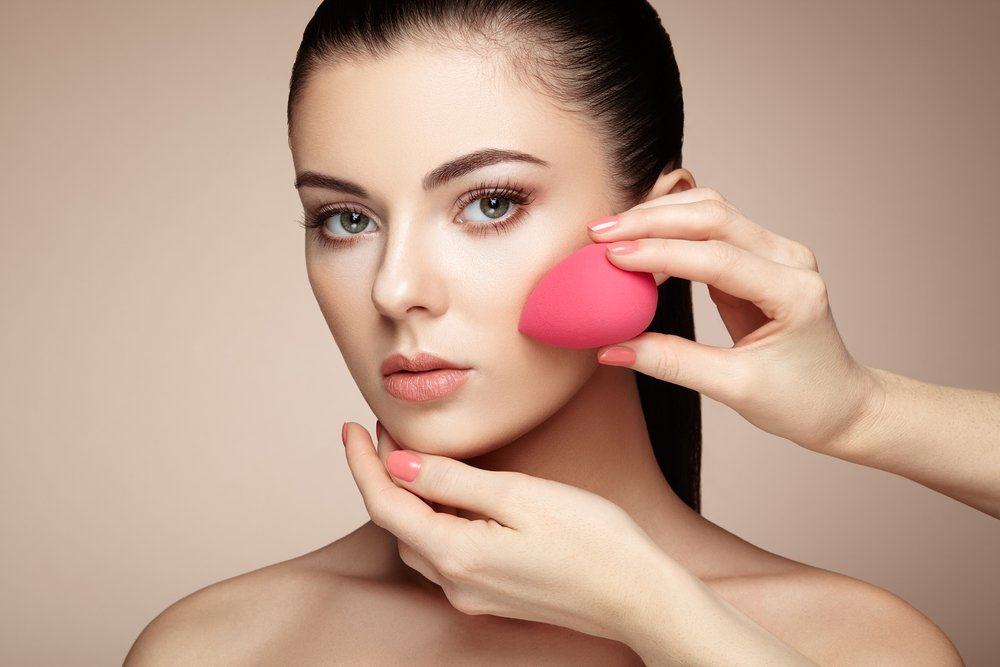Contents:
- Medical Video: Can drinking coffee help promote weight loss?
- The relationship between coffee, caffeine, and losing weight
- What happens when consuming excessive caffeine?
Medical Video: Can drinking coffee help promote weight loss?
The Indonesian Socio-Economic Survey reveals that there is an average increase in coffee consumption of up to 5.42 percent in Indonesia. This is supported by the results of Basic Health Research which shows that 31 percent of Indonesians over the age of 10 consume coffee more than once a day.
Caffeine is one of the substances contained in coffee. Caffeine is safe for consumption, but with a prescribed dose. Based on the Decree of the Head of the POM, the maximum limit for caffeine consumption is 150 milligrams per day, which is divided into a minimum of 3 doses. While coffee, can contain 50-200 milligrams of caffeine per cup, depending on the brewing. Then, is there a relationship between consumption of caffeine in coffee by losing weight?
The relationship between coffee, caffeine, and losing weight
Caffeine may be able to help reduce a little and prevent weight gain, but it turns out there have been no studies that really prove that consumption of caffeinated coffee can reduce weight significantly and permanently.
Some studies have only just been done on animals, so it is doubtful to equate the results to humans. Even so, there are several theories that might support the idea of 'caffeinated coffee consumption can reduce weight'.
- Caffeine can increase your body's metabolism and help your body burn the calories you consume.
- Caffeine can increase alertness and ward off drowsiness in you, so you can move for longer periods of time and spend more energy.
- Caffeine consumed in coffee can suppress your appetite. This is consistent with a study conducted in 2013 which revealed that, people who drank coffee that day, ate less than those who did not drink coffee.
These theories will be truly proven, of course, if you don't add sweeteners to your coffee brew, considering the combination of coffee and caffeine might produce steaks that feel rather bitter. Adding artificial sweeteners will certainly increase the calories you consume.
What happens when consuming excessive caffeine?
The reaction to excessive caffeine consumption in a person has a varied impact. But in general, based on the severity, the POM divides it into 3 levels;
- Caffeine poisoning at a mild level will cause nausea symptoms and always be awake
- At a moderate level, you will feel restless, vomiting until you increase blood pressure
- While severe levels of caffeine poisoning will cause you to have severe vomiting prolonged to convulsions.
Based on the period of consumption, consuming caffeine once and in amounts that are over the recommended dosage can cause feelings of extreme anxiety, hallucinations, faster heart rate, and fever. While continuous consumption of caffeine in adults can cause feelings of nervousness, anxiety, anxiety, tremor (trembling in limbs out of will).
Besides being found in coffee, caffeine is also contained in tea, chocolate, soft drinks and other energy drinks. Also note that if caffeine is a substance that can cause an addictive effect and is not recommended for consumption by people with heart disease, diabetes, pregnant women and hypertension.
So, how much coffee have you been drinking today?

